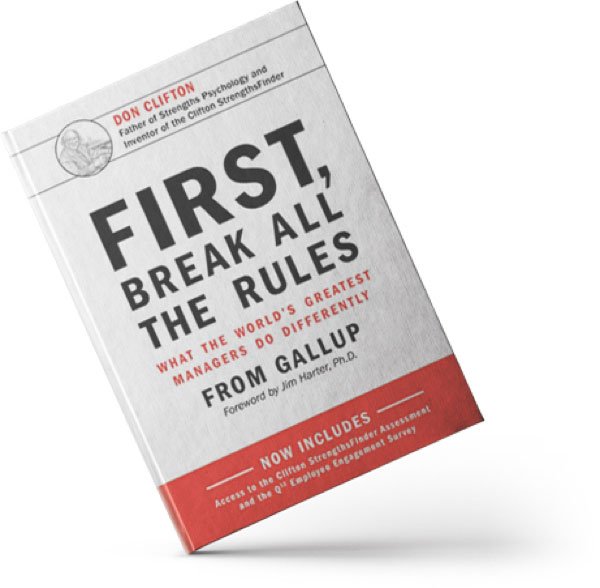The past year has been a game-changer for remote working. COVID-19 has reinvented employer and employee expectations – and reshaped the future of our working lives.
But what about the knock-on financial implications? We don’t mean heating bills, or broadband upgrades, or the cost of those clippers you bought for that dodgy DIY haircut. We mean tax.
If you managed to leave the UK prior to the travel-ban or arrived in the UK from a home overseas and have been ‘locked-in’ or ‘locked-out’ of the UK, unable to return home, then your tax position may no longer be as straightforward as it used to be. Plus, overseas working is likely to continue and become part of the ‘new norm’ as our ways of working shift post-pandemic.
Most employees and employers won’t have considered the potential tax implications of full-time remote working. And with many businesses already having employees working remotely overseas (i.e. outside of the country their employer is tax resident), with plenty more to follow, it’s important you’re up to speed on the complex tax issues.
Because if you’re not, it can lead to corporate tax exposures globally as a result of permanent establishment and corporate residence risks, and also personal residence, payroll withholding, social security and indirect tax risks.
DOES THIS AFFECT ME AS AN EMPLOYEE?
If you have been working in another country, other than the one you would usually work in, then yes. It’s likely you need to look at how you should be taxed and what your obligations are now:
1) TAKE A LOOK AT YOUR ‘TAX RESIDENCY’
This is different to just ‘where your home is.’ As a general rule, if you’ve spent longer than 183 days in a country then you are usually resident there for tax purposes and will become liable for tax in that country. If you are still an employee of a UK company and have spent this time overseas, it’s likely you’ll be exposed to tax either in both countries or just the overseas country.
You may also be required to pay social taxes in that country, similar to the UK’s National Insurance.
2) DON’T PANIC
There are Double Tax Treaties (DTT) in place between the UK and most of the other countries, which ultimately agree which country has the right to tax your income. We say ‘income’ and not ‘earnings’ as your whole income, including savings, rental income and everything else may also now be exposed to the tax regime in another country.
Treaties differ between countries, so it’s not always a ‘one size fits all’ solution. If the country does have a DTT agreed with the UK, then you will most likely need to make a claim on your tax return to ensure that you don’t pay tax twice on that income.
3) I’VE BEEN STUCK BECAUSE OF COVID – IT’S NOT MY FAULT
HMRC have recognised that the pandemic has restricted the ability to travel freely. The legislation allows a day to be attributed to ‘exceptional circumstances’ and therefore not count towards your 183 day count.
There is a maximum count of 60 ‘exceptional’ days in a tax year and you must keep documents and records to prove their exceptional nature and why they should be disregarded.
As a brief summary, HMRC considers exceptional circumstances to be:
A) You are quarantined or have been advised to self-isolate by a health professional;
B) Official Government advice is to not travel from the UK due to the virus;
C) You are unable to leave the UK due to the closure of international borders; or
D) You are asked by your employer to return to the UK temporarily due to the virus.
4) CHAT TO AN EXPERT
Determining your tax residence status can be difficult. The ‘183-day’ rule is the simplest, but don’t get complacent because there are other ways in which you can become tax resident. We would advise anyone who has been internationally mobile this year and worked overseas, or who has come to the UK for longer than anticipated, to get in touch.
For those coming to the UK, it’s not just your day-count that matters. Your ‘ties’ to the UK (having a home, dependants in the UK, being resident in the immediate years before etc.) reduces the number of days down from 183 to potentially as few as 16 before you become UK tax resident.
If you’re resident in an overseas country, it’s likely you’ll be expected to file a tax return in that country too, often reporting your worldwide income.
We recommend you speak to an expert in both the UK and the other country to determine whether you need to take action.
5) BE PROACTIVE
If you have worked overseas or have been stuck working in the UK when you are usually abroad, then you are likely to be affected.
Seek advice as soon as you can.
HMRC charge interest and penalties on late-filed tax returns and late tax payments. And it’s likely the overseas country will do the same.
DOES THIS AFFECT ME AS AN EMPLOYER?
1) HAVE YOU CONSIDERED THE COMPANY TAX CONSEQUENCES OF HAVING OVERSEAS WORKERS?
If the answer is “no” then they could unexpectedly be creating a tax presence or ‘permanent establishment’(‘PE’) of your company overseas. There are broadly two types of PE and it’s only necessary to meet the conditions of one of these tests to have a PE in an overseas country.
To create a PE, you either need to trigger the ‘fixed place of business’ test or the ‘agency’ test. These can be triggered by having a fixed place through which the business of the company is wholly or partly undertaken, which can include home/hotel office locations. Alternatively, agency PE’s are created where an individual has, and habitually exercises, the authority to conclude contracts on behalf of the company.
If there are concerns that overseas employees are potentially triggering either of the above tests, this could be creating overseas tax exposures for your UK business.
In addition to creating PE risks, companies need to consider whether there are likely to be company residence issues as a result of senior executives working overseas for extended periods of time.
2) DO YOU NEED TO PAY SOCIAL TAXES IN THAT COUNTRY?
You may find that as an employer you are required to pay social taxes in that country. You should consider the registration obligations and potential increase in costs for those employees.
3) CAN YOU AVOID THESE TAX CONSEQUENCES?
The most important first step for companies is to understand the likelihood of a tax exposure in relation to PE and/or residence risks. These are not triggered immediately and there are low-risk periods (or ‘grace periods’) where the chances of tax exposure are relatively low. However, this will depend on the length of time individuals have been overseas and the nature of the work they have undertaken in the overseas country.
We can work with you to evaluate any likely historical tax exposures arising from overseas workers in the past 12-18 months. And we’ll work with you to design a policy for the future that limits exposures.
WORRIED ABOUT GETTING CAUGHT OUT AS EITHER AN EMPLOYEE OR EMPLOYER?
If you’d like some reassurance on the rules or some help getting your taxes in order, we’d love to chat.



















